-
Doctors
-
Specialities & Treatments
Centre of Excellence
Specialties
Treatments and Procedures
Hospitals & Directions HyderabadCARE Hospitals, Banjara Hills CARE Outpatient Centre, Banjara Hills CARE Hospitals, HITEC City CARE Hospitals, Nampally Gurunanak CARE Hospitals, Musheerabad CARE Hospitals Outpatient Centre, HITEC City CARE Hospitals, Malakpet
HyderabadCARE Hospitals, Banjara Hills CARE Outpatient Centre, Banjara Hills CARE Hospitals, HITEC City CARE Hospitals, Nampally Gurunanak CARE Hospitals, Musheerabad CARE Hospitals Outpatient Centre, HITEC City CARE Hospitals, Malakpet Raipur
Raipur
 Bhubaneswar
Bhubaneswar Visakhapatnam
Visakhapatnam
 Nagpur
Nagpur
 Indore
Indore
 Chh. Sambhajinagar
Chh. SambhajinagarClinics & Medical Centers
Book an AppointmentContact Us
Online Lab Reports
Book an Appointment
Consult Super-Specialist Doctors at CARE Hospitals

TAVR/TAVI
TAVR/TAVI
TAVR/TAVI
Transcatheter Aortic Valve Replacement/ Implantation (TAVR/ TAVI)
Transcatheter aortic valve replacement (TAVR), also known as transcatheter aortic valve implantation (TAVI) is a minimally invasive procedure to treat aortic valve stenosis. The procedure involves the replacement of a thickened aortic valve that can't fully open (aortic valve stenosis) with a new valve.
The aortic valve is present between the left lower heart chamber (left ventricle) and the body's main artery (aorta) and the blood flow from the heart to the body is diminished if the valve does not open properly. Aortic valve stenosis, also known as aortic stenosis, occurs when the aortic valve of the heart thickens and stiffens (calcifies). As a result, the valve is unable to fully open, limiting blood flow to the body. Aortic valve stenosis can cause chest pain, shortness of breath, fainting, and exhaustion. TAVR can help restore blood flow and lessen the signs and symptoms of aortic valve stenosis.
The transcatheter aortic valve replacement (TAVR) procedure is an alternative to open-heart aortic valve replacement surgery. People who are at risk from surgical aortic valve replacement (open-heart surgery) can benefit from TAVR. TAVR patients often spend less time in the hospital than those who get surgical aortic valve replacement as TAVR is a minimally invasive procedure.
TAVR procedure
-
A defective aortic valve is replaced with one made from cow or pig heart tissue in this procedure. The biological tissue valve (the new valve) is sometimes inserted into the valve that is no longer functional.
-
TAVR uses fewer incisions and a thin, flexible tube (catheter) to reach the heart, unlike surgical aortic valve replacement, which needs a lengthy incision along the chest (open-heart surgery).
-
A doctor inserts a catheter into a blood artery in the groyne or chest area and directs it into the heart to perform TAVR. Moving X-ray images or echocardiography images assist the clinician in properly positioning the catheter.
-
A replacement valve consisting of cow or pig tissue is inserted into the aortic valve using the hollow catheter. To force the new valve into position, a balloon on the catheter tip inflates. Some valves do not require the use of a balloon to expand.
-
Once the new valve is safely in place, the doctor removes the catheter.
-
During the TAVR procedure, your vital signs, including blood pressure, heart rate and rhythm, and respiration, may be closely monitored by the treatment team.
-
After your procedure, you may be recommended to stay the night in the intensive care unit (ICU) for monitoring.
-
The length of time you must spend in the hospital after TAVR is determined by a variety of factors.
-
Some people with TAVR are able to return home the same day.
-
Your treatment team may go over how to care for any incisions and how to look for signs and symptoms of infection before you leave the hospital.
Medications that doctors recommend at CARE Hospitals are as follows:
-
Blood thinners are drugs used as anticoagulants. To prevent blood clots, blood-thinning medicine is recommended. Your doctor may tell you how long you should take this medication. One should have the medication according to the prescription.
-
Antibiotics- Bacterial infections can occur in artificial heart valves. The majority of germs that cause heart valve infections originate in the mouth. Routine dental cleanings, as well as good oral hygiene, can help avoid these diseases. Antibiotics are often recommended prior to dental operations.
Complications/ risks associated with TAVR
There are a lot of risks associated with the TAVR. The following are some of the potential dangers of transcatheter aortic valve replacement (TAVR):
-
Bleeding
-
Blood vessel complications
-
Problems with the valve replacement. It is called the valve slipping out of place or leaking.
-
Stroke
-
Heart rhythm problems (arrhythmias)
-
Kidney disease
-
Pacemaker
-
Heart attack
-
Infection
-
Death
Why Choose CARE Hospitals for TAVR
CARE Hospitals is India's premier hospital for Cardiac Conditions because of its staff of world-class surgeons, doctors, nurses, and other healthcare specialists. Our doctors are well-trained and come with vast experience. We strive to provide our patients with minimally invasive procedures that result in shorter recovery times and hospital stays, as well as end-to-end care and support.
To get more details on this cost of treatment, Click here.
Our Doctors
-

Dr. Attada Prudhvi Raj
MBBS, MD, DNB
Cardiology
View More -
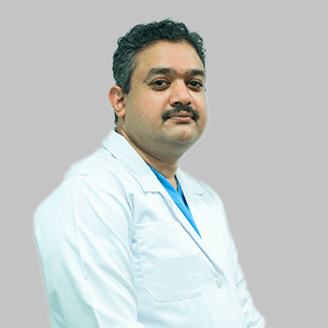
Dr. Arvind Singh Raghuwanshi
MBBS, MD-Medicine, DM-Cardiology
Cardiology
View More -
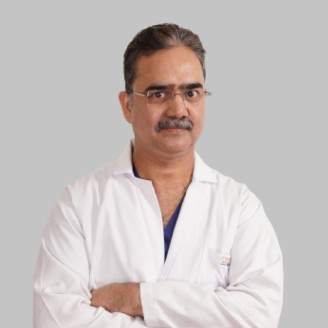
Dr. Sunil Kumar Sharma
MBBS, MD, DNB
Cardiology
View More -
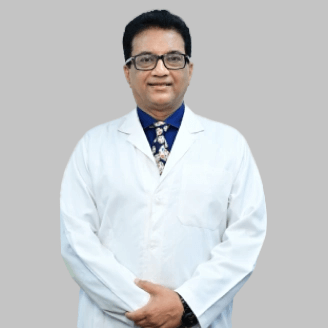
Dr. Rajeev Khare
MBBS, MD (Medicine), DM (Cardiology)
Cardiology
View More -
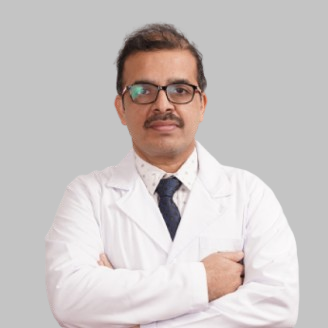
Dr. Nitin Modi
MBBS, MD, DNB, DM
Cardiology
View More -
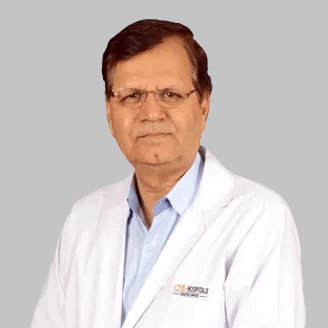
Dr. Girish Kawthekar
MBBS, MD, DCM (France), FACC, FESS, FSCAI
Cardiology
View More -
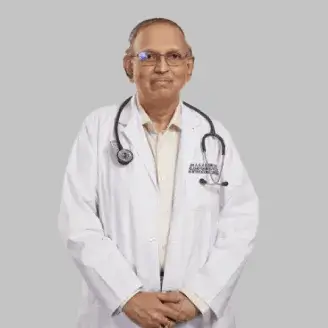
Dr. A. S. V. Narayana Rao
MBBS, MD (General Medicine), DM (Cardiology), FICC, FESC
Cardiology
View More -
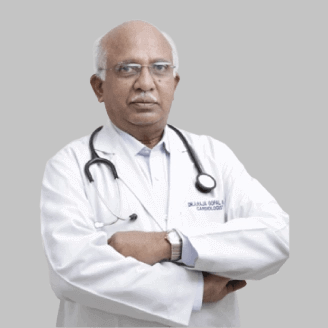
Dr. Alluri Raja Gopala Raju
MBBS, MD, DM, FICA
Cardiology
View More -

Dr. Alluri Srinivas Raju
MBBS, MD, DNB
Cardiology
View More -
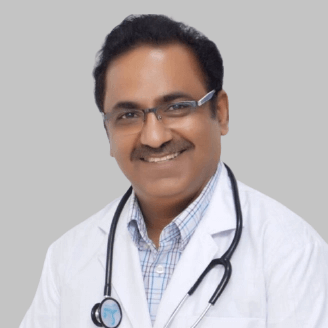
Dr. Aman Salwan
MBBS, MD, DNB Cardiology, FICS (Singapore), FACC, FESE
Cardiology
View More -

Dr. Amey Beedkar
MBBS, MD (Medicine), DM (Cardiology)
Cardiology
View More -
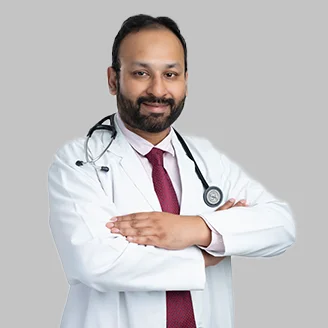
Dr. Aminuddin Ahmeduddin Owaisi
MBBS, MD, DM
Cardiology
View More -

Dr. Anand Deodhar
MBBS, MS (General Surgery), MS (Cardiothoracic Surgery), FRCS, Mch, PGDHAM
Cardiac Surgery
View More -
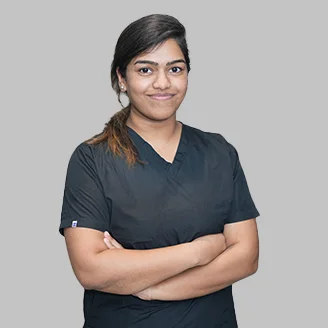
Dr. Aparna Pilla
MBBS
Cardiac Surgery
View More -
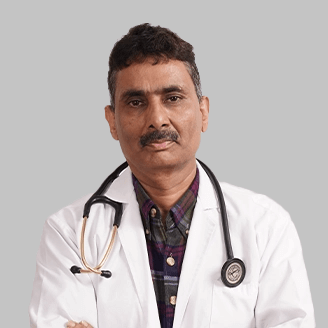
Dr. Ashish Mishra
MBBS, MD, DNB (Cardiology), FACC
Cardiology
View More -
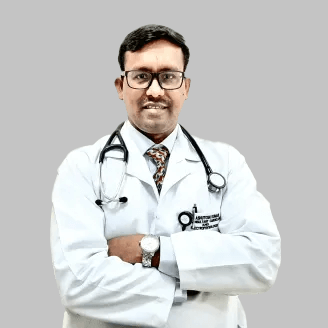
Dr. Ashutosh Kumar
MD (BHU), DM (PGI), FACC (USA), FHRS (USA), FESC (EURO), FSCAI (USA), PDCC (EP), CCDS (IBHRE, USA), CEPS (IBHRE, USA)
Cardiology
View More -
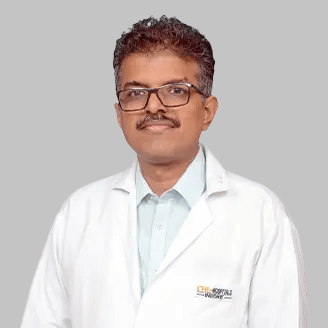
Dr. Atul Karande
MD, FASE, FIAE
Cardiology
View More -
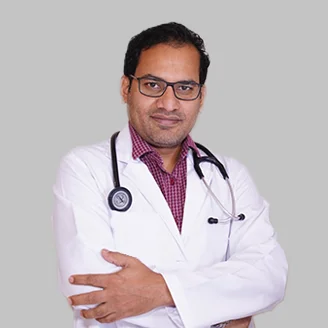
Dr. Beeku Naik Ds
MBBS (JIPMER), MD, DNB (Cardiology), FSCAI
Cardiology
View More -

Dr. Bharat Agrawal
MBBS, DNB (MED), DNB (Cardiology)
Cardiology
View More -
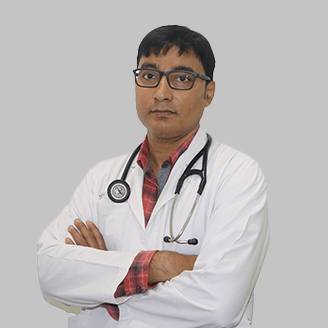
Dr. Bikram Keshari Mohapatra
MBBS, MD (Medicine), DM (Cardiology)
Cardiology
View More -

Dr. Bipin Bihari Mohanty
MBBS, MS, MCh, FIACS, FACC, FRSM
Cardiac Surgery
View More -
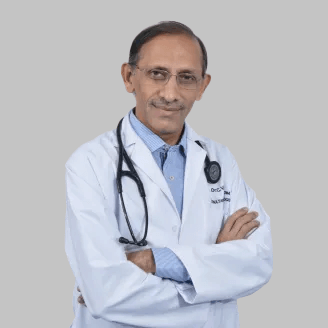
Dr. C. V. Rao
MBBS, MD (General Medicine), DM (Cardiology)
Cardiology
View More -

Dr. Chanakya Kishore Kammaripalli
MBBS, MD, DM (Cardiology) (AIIMS), FACC, FSCAI
Cardiology
View More -
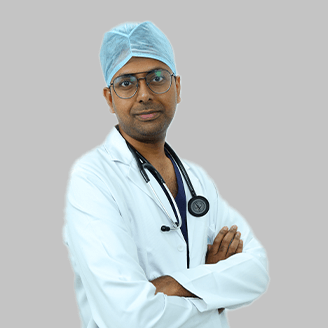
Dr. Debasish Mohapatra
MBBS, MD (General Medicine), DM (Cardiology)
Cardiology
View More -

Dr. G Rama Subramanyam
MBBS, MS, MCh (Cardiothoracic Surgery)
Cardiac Surgery
View More -
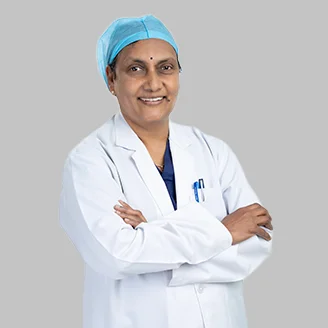
Dr. G. Usha Rani
MS, MCh
Cardiac Surgery
View More -
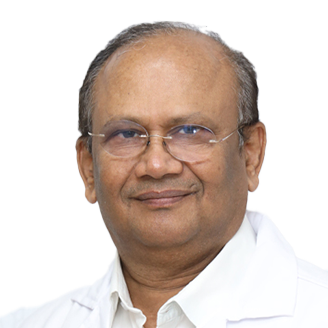
Dr. G.S.R.MURTHY
MBBS, MD (General Medicine), DM (Cardiology)
Cardiology
View More -

Dr. Gandhamdara Kiran Kumar
MBBS, MD (Paediatrics), DM (Cardiology), FSCAI
Cardiology
View More -
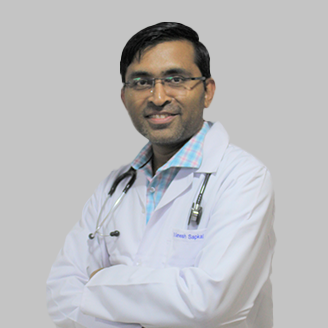
Dr. Ganesh Sapkal
MBBS, DM (Cardiology)
Cardiology
View More -
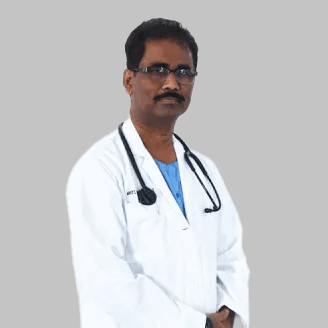
Dr. Giridhari Jena
MBBS, MD, DM (Cardiology)
Cardiology
View More -
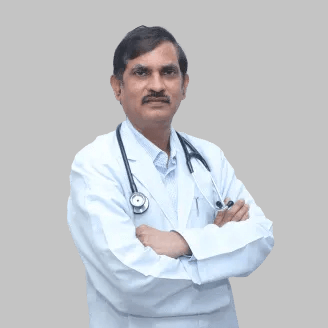
Dr. Gulla Surya Prakash
MBBS, MD (AIMS), DM, FSCAI, FACC (USA), FESC (EUR), MBA (Hospital Administration)
Cardiology
View More -

Dr. Indira Panda
MBBS, PGDCC, CCCS, CCEBDM
Cardiology
View More -
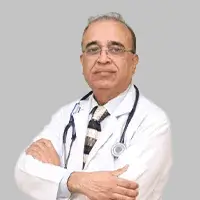
Dr. Javed Ali Khan
MBBS, MD, DM
Cardiology
View More -
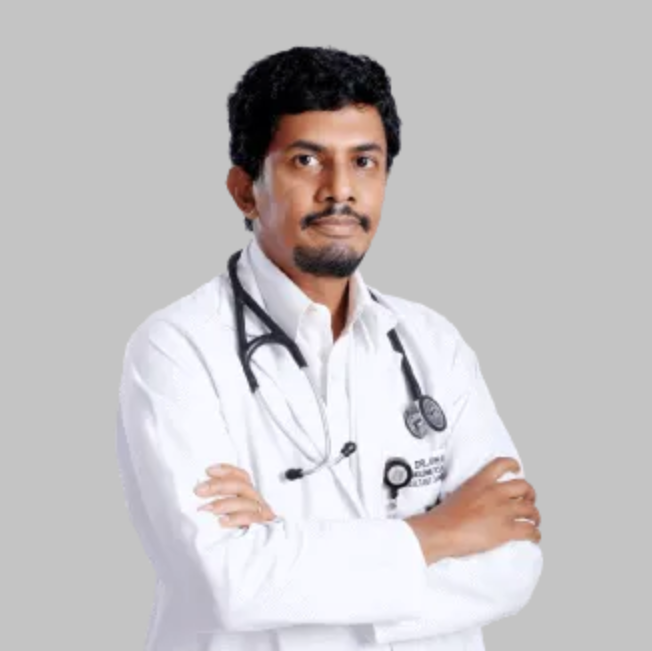
Dr. Johann Christopher
MBBS, MD, DNB, FACC, FICS
Cardiology
View More -
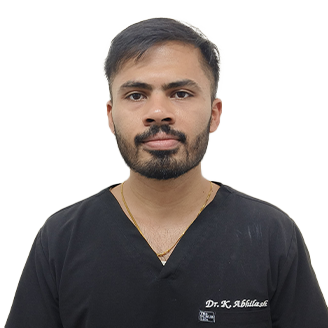
Dr. K.V.S.S.R. Abhilash
MBBS, MD, (DNB)
Cardiology
View More -

Dr. Kanhu Charan Mishra
MBBS, MD, DM (Cardiology)
Cardiology
View More -
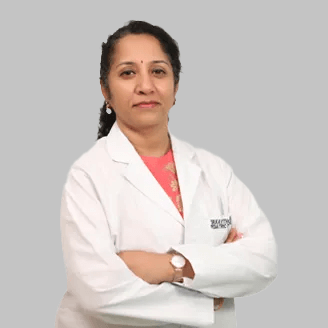
Dr. Kavitha Chintala
MBBS, MD, FAAP, FACC, FASE
Paediatric Cardiology
View More -
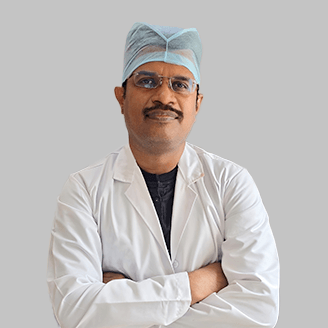
Dr. L. Vijay
DNB (General Surgery), DNB - CTVS (Gold Medalist)
Cardiac Surgery, Paediatric Cardiac Surgery
View More -

Dr. Lalith Agarwal
MBBS, DNB (Internal Medicine), DNB (Cardiology)
Cardiology
View More -
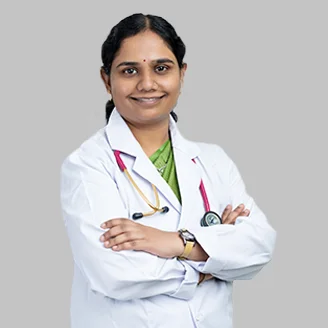
Dr. Lalitha Ravinuthala
MBBS,MD,DM
Cardiology
View More -
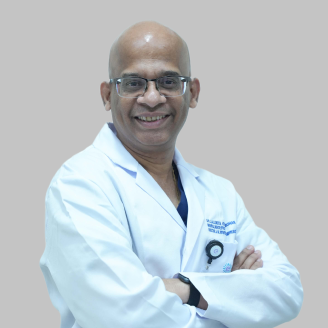
Dr. Lalukota Krishna Mohan
MBBS, MRCP (UK), FRCP (London)
Cardiology
View More -
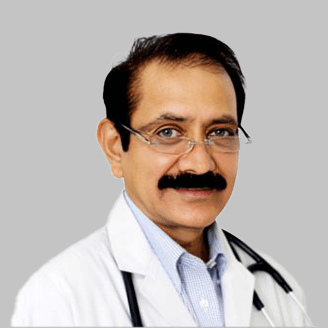
Dr. M Srinivasa Rao
MD, DM (Cardiology), FACC (USA), FESC, FSCAI (USA)
Cardiology
View More -

Dr. Mahendra Prasad Tripathy
MBBS, MD, DM (Cardiology)
Cardiology
View More -
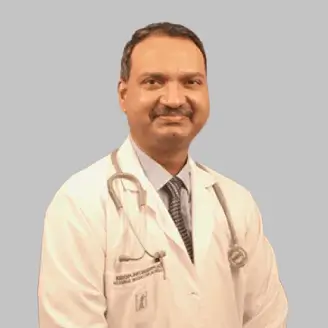
Dr. Manoranjan Misra
MBBS, MS, MCh (CTVS)
Cardiac Surgery
View More -
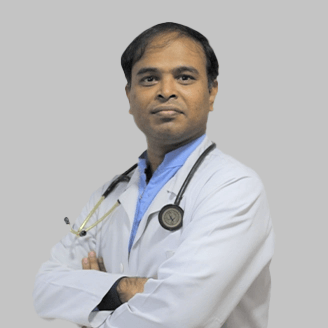
Dr. Milind Kharche
MD. DM (Cardiology ) Fellow of American College of Cardiology (FACC), Fellow of European Society of Cardiology (FESC)
Cardiology, Paediatric Cardiology
View More -
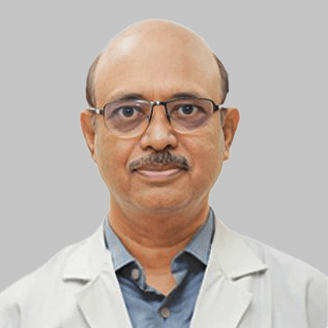
Dr. Nagireddi Nageswara Rao
MBBS, MS, MCh (CTVS), FIACS
Cardiac Surgery
View More -
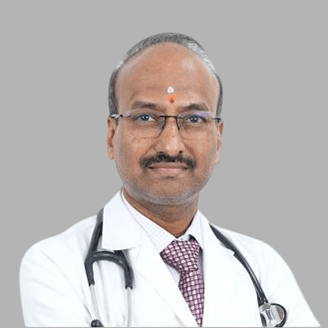
Dr. Narasa Raju Kavalipati
MBBS, MD (General Medicine), DM (AIIMS New Delhi), FACC
Cardiology
View More -

Dr. Naveen Kumar Cheruku
MBBS, DNB, DM, FESC, FSCAI (USA)
Cardiology
View More -

Dr. P Krishnam Raju
MBBS, MD, DM
Cardiology
View More -
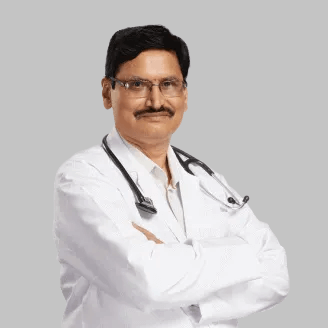
Dr. P L N Kapardhi
MBBS, MD, DM (PGIMER), FACC, FSCAI, FESC, FICC
Cardiology
View More -
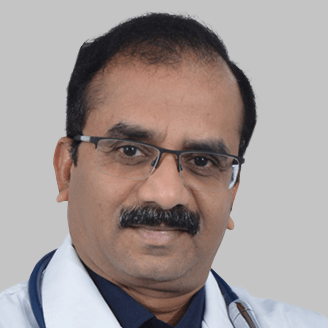
Dr. P.V.V.N.M.KUMAR
MBBS, DM (Cardiology), MD (Paediatrics)
Cardiology, Pediatric Cardiology
View More -
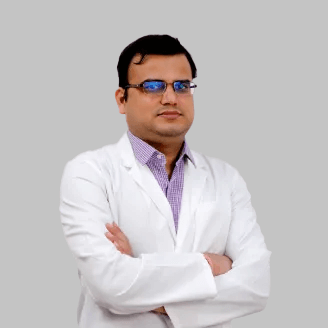
Dr. Panduranga
MBBS, MD (Internal Medicine), DM (Cardiology)
Cardiology
View More -

Dr. Pathakota Sudhakar Reddy
MBBS, MD, DM
Cardiology
View More -
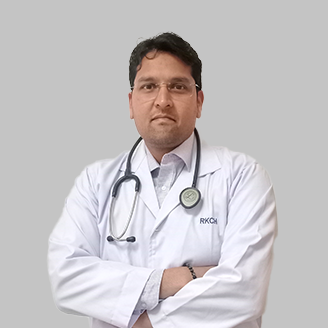
Dr. Pranay Anil Jain
MBBS, MD, DM
Cardiology
View More -
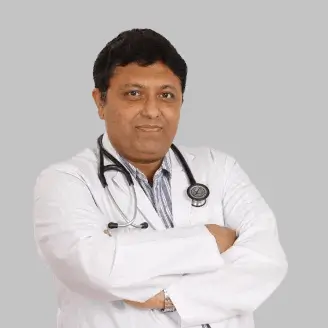
Dr. Priyen Kantilal Shah
MBBS, MD (Card, UKR), FCCP
Cardiology
View More -

Dr. Puneet Goyal
DM (Cardiology)
Cardiology
View More -
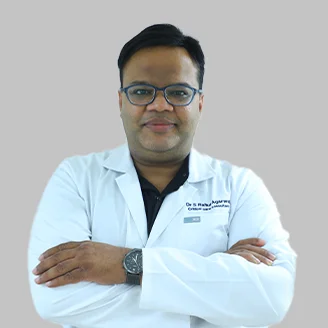
Dr. Rahul Agarwal S
M.B.B.S, FCCCM ( INDIA ) AFIC (INDIA) MD HM ( OU )
Cardiology, Critical Care Medicine
View More -
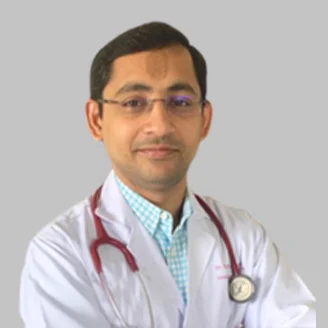
Dr. Rakesh Dubba
MD, DM, PDF
Cardiology
View More -
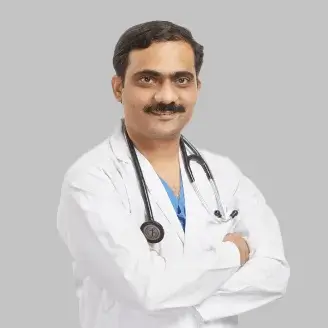
Dr. Ramakrishna SVK
MBBS, MD, DM, CEPS, CCDS (USA), FACC, FESC, FSCAI
Cardiology
View More -

Dr. Ravi Raju
MD, FC, FACC
Cardiology
View More -

Dr. Ravi Raju Chigullapally
MBBS, DNB (CTVS), FIACS, Fellowship (UK)
Cardiac Surgery
View More -
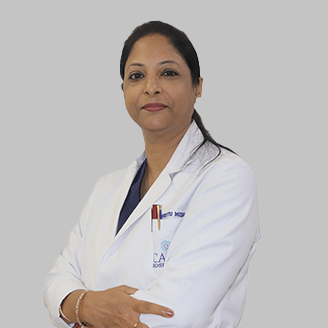
Dr. Reetu Mishra
MBBS, PGDCC, PG Diploma (Clinical Diabetes)
Cardiology
View More -
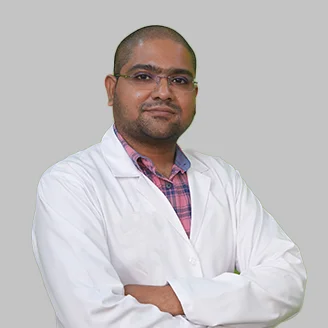
Dr. Revanth Maramreddy
MS, MCh
Cardiac Surgery
View More -

Dr. Revanur Vishwanath
MBBS, MRCP, FSCAI
Cardiology
View More -
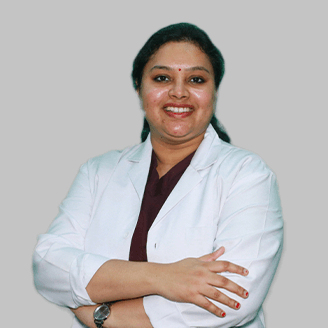
Dr. Sailaja Vasireddy
MBBS, DrNB (CTVS)
Cardiac Surgery, Vascular Surgery
View More -

Dr. Sandeep Mohanty
MBBS, PGDCC, PG Diploma (Clinical Diabetes)
Cardiology
View More -
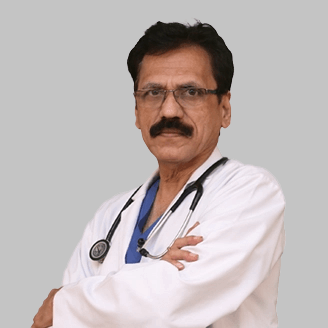
Dr. Shailesh Sharma
MD, DM (Cardiology)
Cardiology
View More -
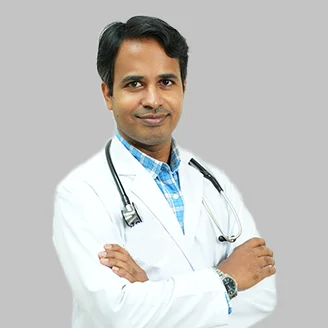
Dr. Shravan Kumar Ch
MBBS, DNB, DM
Cardiology
View More -
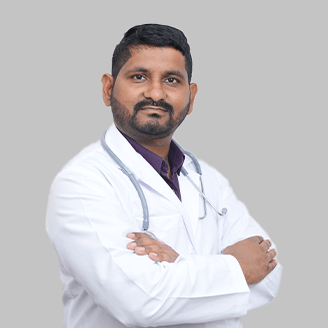
Dr. Sudheer Gandrakota
MBBS, DNB, CTVS
Cardiac Surgery, Vascular Surgery
View More -

Dr. Sujata Patil
MBBS, DCH, DNB (Paediatrics), FNB (Paediatric Cardiology)
Paediatric Cardiology
View More -

Dr. Sujit Kumar Tripathy
MBBS, MD (General Medicine), DM (Cardiology)
Cardiology
View More -

Dr. Surya Prakasa Rao Vithala
MBBS, MD, DM, FACC, FSCAI, FCSI, FICC
Cardiology
View More -
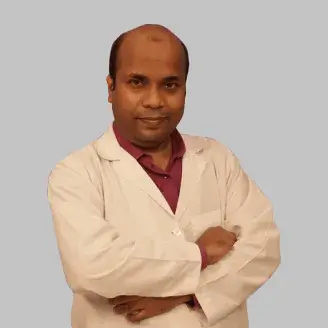
Dr. Suvakanta Biswal
MBBS, MS (Gen. Sur), MCh (CTVS)
Cardiac Surgery
View More -

Dr. Tanmay Kumar Das
MBBS, MD (Gen Medicine), DM (Cardiology)
Cardiology
View More -
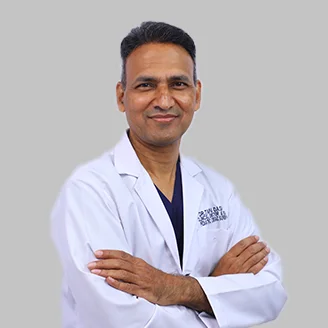
Dr. Tapan Kumar Dash
MBBS, MS, FPCS (USA)
Paediatric Cardiac Surgery
View More -
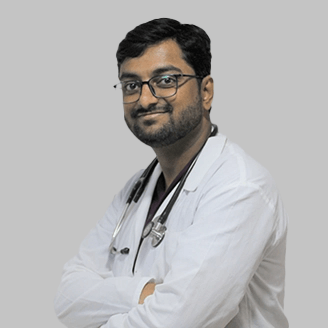
Dr. Umesh Khedkar
MBBS, MD (General Medicine), DM (Cardiology)
Cardiology
View More -

Dr. V. Vinoth kumar
MBBS, MD, DM (Cardiology)
Cardiology
View More -
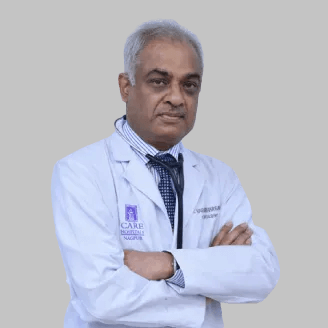
Dr. Varun Bhargava
MD, PGIMER
Cardiology
View More -
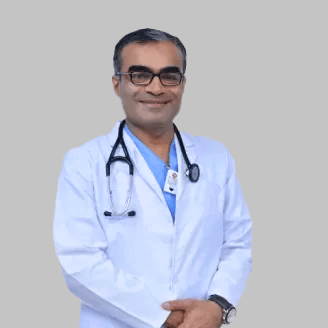
Dr. Vipul Seta
MBBS, MD (MED), DNB(Cardiology)
Cardiology
View More
Frequently Asked Questions
Couldn’t find what you were looking for?
Need any help? Get a Call Back.

Still Have a Question?

